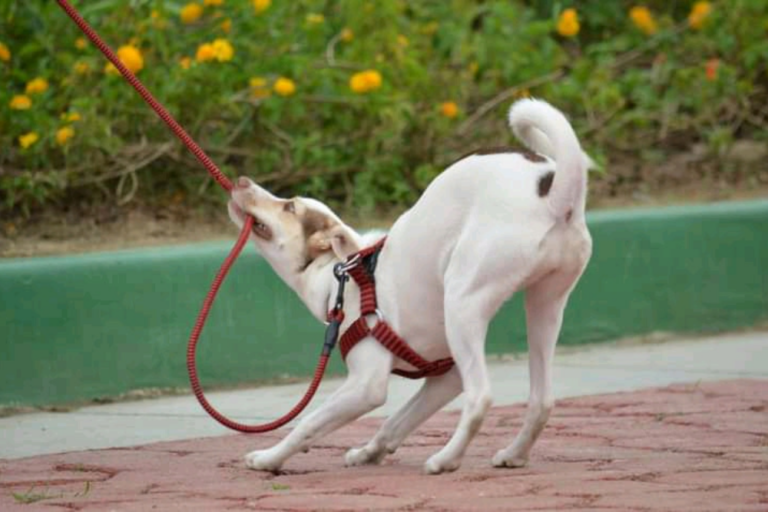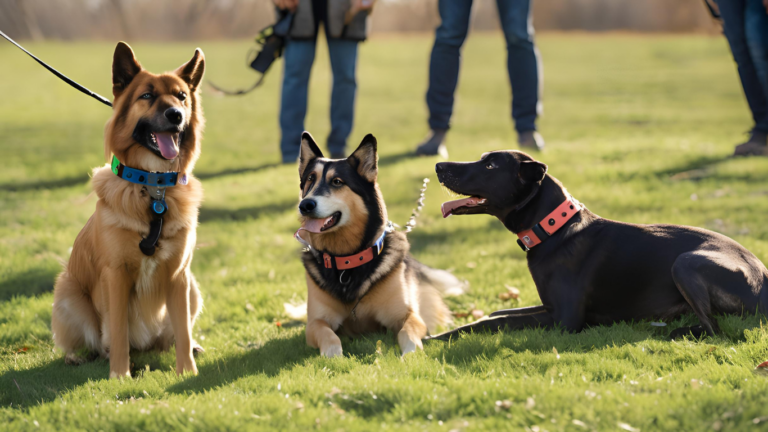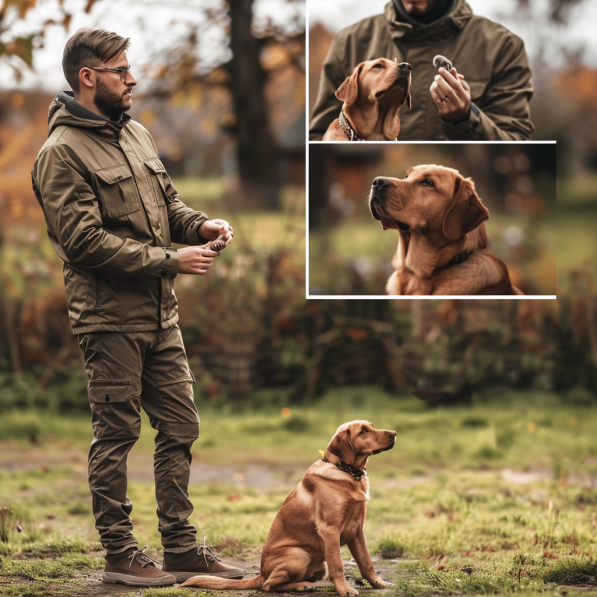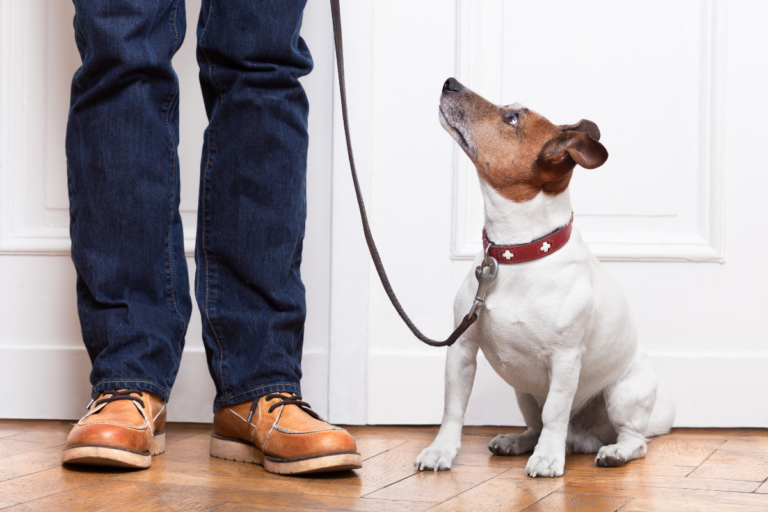10 Mistakes New Dog Owners Make and How to Fix Them

Bringing a new dog into your life is one of the most exciting and rewarding experiences, but it can also come with its challenges. Many new dog owners unknowingly make mistakes that can lead to behavior problems, health issues, or unnecessary stress for both the dog and the owner.
The good news? Most of these common mistakes are easy to fix with a little knowledge and effort.
Let’s explore some of the biggest mistakes new dog owners make and how you can avoid them to ensure your dog has a happy, healthy, and well-behaved life.
10 Mistakes New Dog Owners Make and How to Fix Them

1. Skipping Early Training
Mistake: Many new dog owners think training can wait until the dog gets older. However, the earlier you start, the better your dog will learn and adapt to your household.
Fix: Begin basic training (sit, stay, come) as soon as you bring your dog home. Puppies are like sponges and can absorb a lot of information quickly. If you’re unsure where to start, seek guidance from a professional or join a puppy training class.
Quick Tip: Keep training sessions short and positive—10 to 15 minutes a day is plenty for young puppies.
2. Inconsistent Rules and Boundaries
Mistake: Allowing a dog to get away with certain behaviors one day but disciplining them for the same behavior the next can cause confusion.
Fix: Set clear, consistent rules from day one. Decide whether the dog is allowed on furniture, what areas are off-limits, and how they should behave around guests. Make sure everyone in the household is on the same page to avoid sending mixed signals.
3. Overfeeding or Underfeeding
Mistake: Overfeeding can lead to obesity, while underfeeding can result in malnutrition. Both extremes can affect your dog’s health and longevity.
Fix: Follow feeding guidelines for your dog’s size, breed, and age. Speak with your vet to determine the best food and portions for your dog. Don’t overdo it on treats, even when training!
4. Neglecting Socialization
Mistake: Some new owners keep their dogs sheltered from other dogs and people, which can lead to fear or aggression.
Fix: Socialization is key to raising a confident, well-behaved dog. Expose your dog to various people, environments, and other dogs early on. This helps them become comfortable in different situations, reducing the chances of behavior issues later.
5. Using Harsh Punishments
Mistake: Yelling or using physical punishment can damage the bond between you and your dog, causing fear rather than trust.
Fix: Use positive reinforcement to encourage good behavior instead of punishing bad behavior. Reward your dog with treats, praise, or toys when they follow commands or behave well. Dogs respond much better to rewards than punishments.
Quick Tip: Reward good behavior immediately to reinforce the connection between action and reward.
6. Ignoring Exercise Needs
Mistake: New owners often underestimate how much exercise their dog needs, which can lead to boredom and destructive behavior.
Fix: Make sure your dog gets plenty of physical and mental stimulation. Daily walks, playtime, and training sessions are essential for keeping your dog happy and healthy. The amount of exercise needed varies by breed, so do your research on your dog’s specific requirements.
7. Delaying Vet Visits
Mistake: Some new dog owners put off the first vet visit or skip regular check-ups, which can result in undiagnosed health issues.
Fix: Schedule a vet visit as soon as you bring your dog home. Regular check-ups help catch health problems early, and your vet can give you advice on vaccinations, nutrition, and general care.
8. Not Addressing Behavioral Issues Early
Mistake: Ignoring minor behavioral problems can lead to more serious issues down the road.
Fix: Address issues like jumping, barking, or chewing as soon as they arise. The sooner you correct the behavior, the easier it will be to fix. Use positive reinforcement techniques, and don’t hesitate to reach out to a trainer for help if needed.
9. Choosing the Wrong Dog Breed for Your Lifestyle
Mistake: Some new owners choose a dog based on looks rather than researching whether the breed’s temperament and needs match their lifestyle.
Fix: Before getting a dog, research different breeds to ensure they fit your living situation, energy level, and time commitment. Some dogs need more exercise or mental stimulation than others, while some are better suited for apartment living or families with young children.
10. Failing to Establish a Daily Routine
Mistake: Dogs, like humans, thrive on routine. Without a consistent schedule, they may become anxious or act out.
Fix: Set a daily routine for feeding, walks, playtime, and training. Consistency helps your dog know what to expect, which reduces anxiety and promotes good behavior. A well-structured routine also strengthens the bond between you and your dog.
Why Understanding Your Dog’s Needs Is Essential
Every dog has unique needs, whether it’s exercise, nutrition, or socialization. Understanding these needs is crucial for their well-being.
When you take the time to learn about what your dog requires physically, emotionally, and mentally, you’re setting them up for a happier, healthier life. It’s not just about commands and discipline—it’s about creating an environment where your dog can thrive.
How to Build a Strong Bond with Your Dog
Building a bond with your dog goes beyond just feeding and walking them. Dogs are social creatures, and they need your time and attention to form a strong relationship.
Spend time playing, training, and simply being with your dog to build trust and affection. Positive reinforcement and consistent interaction will help your dog see you as their trusted leader, making training easier and life together more enjoyable.
Long-Term Tips for Raising a Happy and Healthy Dog
Raising a dog isn’t just about the first few months—you’re in it for the long haul! To keep your dog happy and healthy throughout their life, remember these long-term tips:
🐾 Continue socializing your dog as they grow.
🐾 Regular vet visits are a must to maintain their health.
🐾 Keep up with training to reinforce good behavior.
🐾 Ensure they get enough physical and mental exercise.
🐾 Always show them love and affection, building a lifelong bond.
How to Be a Responsible Dog Owner?
Being a dog owner is a huge responsibility, but it’s also incredibly rewarding. By avoiding these common mistakes and focusing on what’s best for your dog, you’ll create a loving, balanced relationship that benefits both of you.
Remember to be patient, consistent, and always willing to learn as your dog grows. With the right care and training, you’ll raise a happy, healthy dog who’s a joy to be around! For more advice on dog care and training, check out this resource.
Master the art of training every dog breed—discover tailored tips here!






